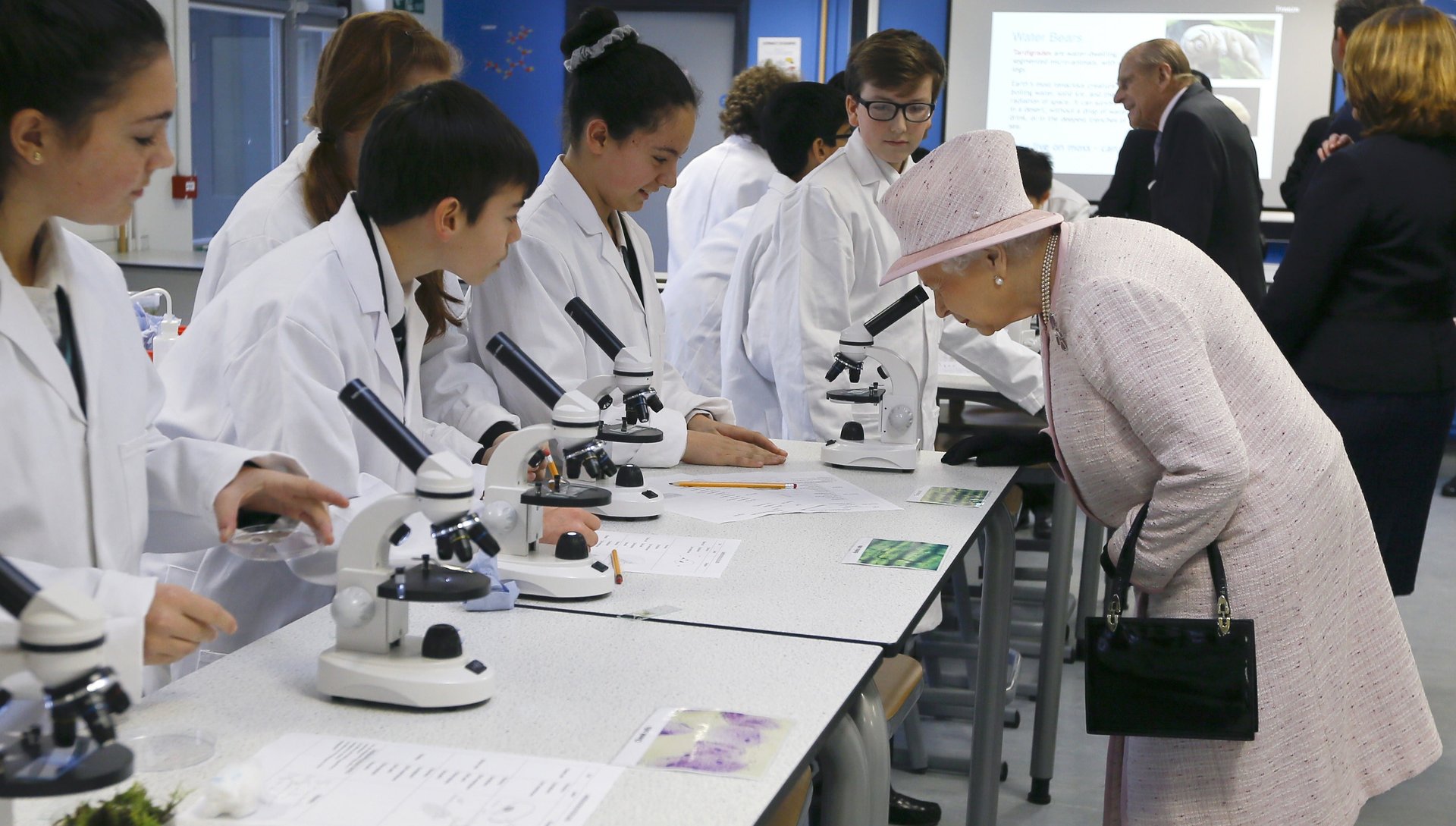Scientists and the American public disagree on some pretty key issues
Americans, it seems, don’t agree with scientists on very much. According to a new Pew report, the US public’s opinions on topics as varied as the safety of genetically modified foods to climate change and evolution are completely different from how scientists belonging to the American Association for the Advancement of Science see things.


Americans, it seems, don’t agree with scientists on very much. According to a new Pew report, the US public’s opinions on topics as varied as the safety of genetically modified foods to climate change and evolution are completely different from how scientists belonging to the American Association for the Advancement of Science see things.
[protected-iframe id=”0a37f2af4b1028028f641b605c8ad5f4-39587363-67854375″ info=”http://www.pewinternet.org/interactives/public-scientists-opinion-gap/iframe/” width=”100%” height=”1200″ frameborder=”0″ scrolling=”no”]
The biggest disconnect is around genetically modified foods: 88% of scientists think genetically modified foods are safe to eat, but only 37% of Americans agree. Why that’s the case is not easy to parse. These scientists are not all studying GMOs, says Cary Funk, the study’s lead author. “It’s a multidisciplinary society,” she tells Quartz. And there doesn’t seem to be any demographic reason that accounts for the differences either, Funk says.
Genetically modified food
Some of the public’s confusion comes from a lack of confidence in the science. In the case of genetically modified foods, two thirds of US adults think scientists have an unclear understanding of their effects.
The internet is awash with anti-GMO websites, but credible scientific organizations agree that genetically modified crops are safe to eat, the Washington Post noted back in 2013.
Climate Change
There’s a yawning 37 percentage point gap between scientists’ overwhelming belief that climate change is caused mostly by human activity and the US public, who don’t. While a majority of US adults surveyed recognize that the earth is getting warmer, only 50% believe that’s a product of our actions.
What’s more, very few of the public thinks it’s a very serious problem, unlike scientists.
But why?
As already noted, figuring out why there’s such a big disconnect between Americans in general and scientists in particular isn’t terribly easy. HBO comedian John Oliver thinks it’s partly the media’s fault. Scientists happen to agree with him. They cite news media as one contributor to the “problems for science.”
They also blame a lack of adequate K-12 STEM education.
40% of scientists also conceded that too few scientists effectively communicate their findings. The Washington Post makes the excellent point that if scientists want the general public to be more aware of what is and is not true, they should probably try to do a better job of educating them. And as Steven Pinker at the Chronicle of Higher Education notes, academics are notoriously bad at writing. Maybe if it was easier to wade through the language in those papers, the public would have an easier time understanding what is and isn’t true.